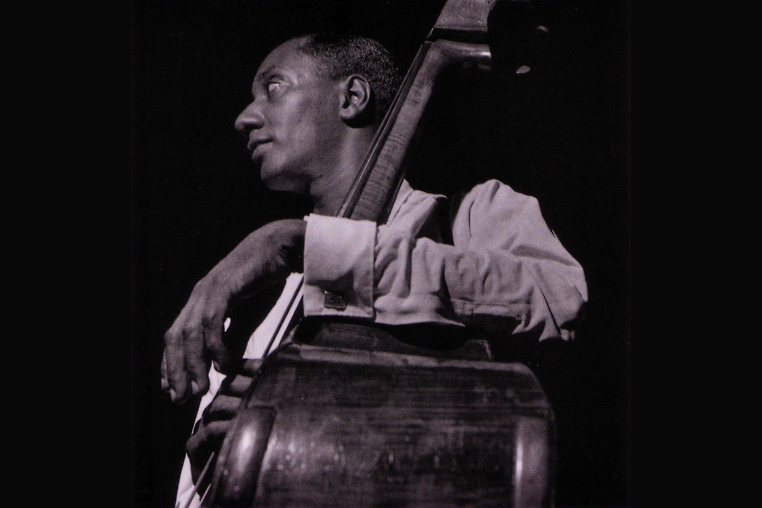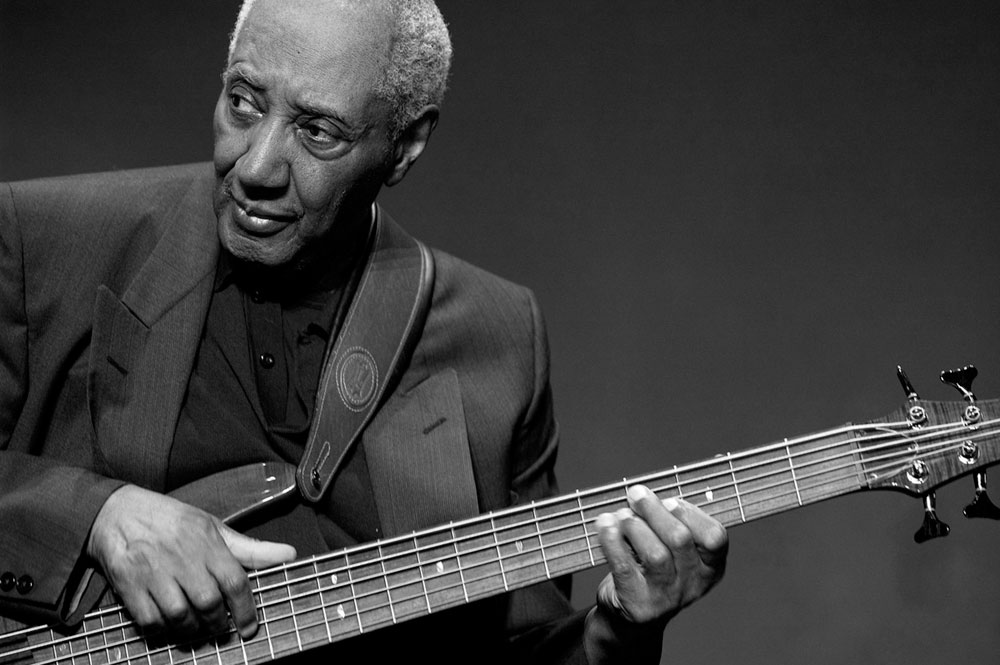In Memoriam: Jymie Merritt

More sad news to report as another jazz legend has passed. Jymie Merritt, who played on some of the genre’s most influential records, died April 10th at the age of 93. The news was shared in a statement by his son, bassist Mike Merritt, via Leo Gadson’s Facebook page.
“It is with great sadness that I share with you the news that my father, Jymie Merritt, one of the greatest musicians who ever lived, who was active during an era when jazz reached it’s most fertile peak in the mid-20th century, passed away at age 93, on the evening of Friday, April 10th at his home in Philadelphia, PA after a long illness. His death was not related to the COVID-19 pandemic. Our family will release more information within the next few days.”
Jymie Merritt was born and raised in Philadelphia, Pennsylvania. He served in World War II and upon his return to the states, began to focus on music. He began on clarinet but was inspired by Duke Ellington’s virtuosic bassist Jimmy Blanton to pick up the double bass. His mother, who was a choral director and music teacher, encouraged him to study with Philadelphia Orchestra bassist Carl Torello.
In Philadelphia, Merritt picked up work in jazz, R&B, and blues. He was also one of the earliest adopters of the electric bass.

“Jymie is a classically trained player with a surging style characterized by the frequent use of triplet figures and putting notes ahead of the beat, he made a successful switch from jazz to R&B and blues and back to jazz again in the ’50s,” a bio on Merritt’s website states. “He played with John Coltrane, Benny Golson, and Philly Joe Jones in 1949, but worked with Bull Moose Jackson and B.B. King playing electric bass in the early and mid-’50s.”
After working with King, the bassist moved to Manhattan in 1957 where he would begin work with Art Blakey and the Jazz Messengers. The band’s stellar lineup also included pianist Bobby Timmons, saxophonist Benny Golson, and trumpeter Lee Morgan. The group’s recordings created the jazz standards “Moanin’,” “Along Came Betty,” “Blues March,” and more. Merritt toured with the Messengers until 1962 when he was an ailment took him off the road.
Check out the Messengers performing “Moanin'” in Belgium in 1958 with a bass solo at the 9:38 mark:
He would return to work in 1964 with trumpeter and vocalist Chet Baker before spending several years with drummer Max Roach. Merritt’s composition “Nommo” on Roach’s 1966 album Drums Unlimited scored him a nomination for Best Jazz Composer in DownBeat magazine. He would go on to work with Dizzy Gillespie and reunite with Morgan for a couple of albums.
“He helped form an organization comprised of musicians and performers from other disciplines known as the Forerunners in 1962,” Blue Note Records writes. “This became Forerunner, a cooperative organization that was active in Philadelphia’s cultural and community activities into the late ’80s.”
Merritt was given numerous awards for his work, including the Clef Club of Philadelphia’s Living Legend Jazz Award, the Jazz Heritage Award, and the Don Redman Heritage Award.
Our thoughts are with the family and friends of Jymie Merritt.

To me Jymie Merritt and Jimmy Garrison (I call them the 2 Gems of the Double Bass) are two of the greatest unsung giants of Jazz and the Bass. Merritt with his excellent time and feel could swing you into the middle of next week, and Garrison’s ballad playing was absolutely impeccable. RIP Mr. Merritt you are a legend and your music will live on.